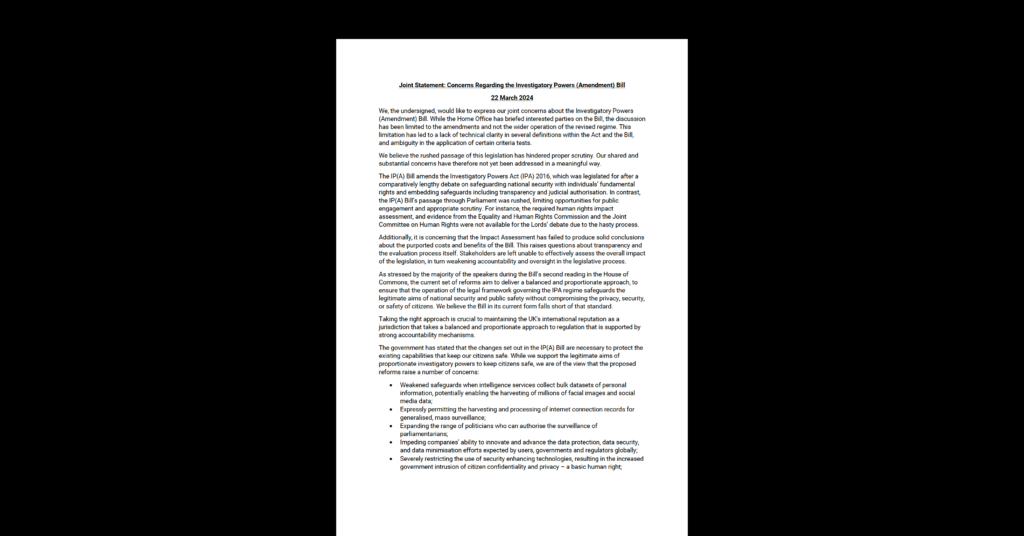Feedback to the European Commission’s Draft Proposal on the Digital Services Act
The Centre for Democracy & Technology Europe (CDTE) welcomed the opportunity to comment on the proposed Digital Services Act as part of the European Commission’s feedback collection procedure. The proposal includes a number of key elements of rights-protecting online content regulation, such as the Good Samaritan Principle, the prohibition against general monitoring obligations, and certain provisions increasing transparency over algorithms and online advertising. CDT Europe is concerned, however, that a number of these elements are inadvertently undermined by other provisions.
- International and European human rights law is clear that decisions on the legality of speech are the sole purview of the Courts. Yet, the draft Regulation assigns this task to a range of non-judicial actors including private companies and state authorities.
- A range of non-judicial actors can provide notice that would be sufficient to expose hosts to liability for users’ speech. This poses a risk to human rights in general and to civic space in particular.
- To ensure the effective public oversight of algorithm and recommender systems, the independence, expertise and competence of the body carrying out such audits requires further thought.
- Given the risks that micro-targeting and profiling pose in a democracy, CDTE calls for advertising based on pervasive tracking to be phased out.
- Mandating intermediaries to notify law enforcement authorities ‘of suspicious criminal offences’ is not appropriate. This poses a serious risk to the right to privacy in digital communications, the right of presumption of innocence and EU criminal law’s own protections with regard to notice that an individual is a suspect.
- The lack of independence and impartiality of the proposed governance structures is concerning especially considering the sensitivity of the matters which would be overseen by these structures.
Read our full submission here.
For more analysis of the Digital Services Act, read CDT’s response to the European Commission’s public consultation from September 2020, and CDT’s press release following the publication of the legislative proposal in December 2020. For future updates don’t forget to subscribe to our EU newsletter.


